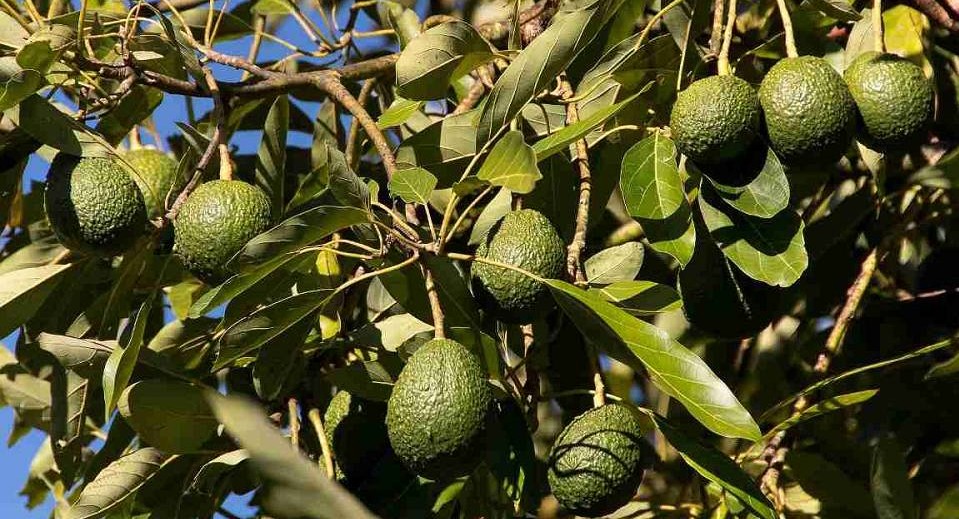
Avocado, often called the “Nepal superfruit”, is quickly becoming a favorite among health-conscious consumers—and it’s catching the eye of farmers too. With its creamy texture, rich flavor, and amazing nutritional benefits, avocado is no longer just an exotic fruit—it’s turning into a high-demand crop in Nepal. But the story doesn’t end there. Beyond its health perks, avocado farming is also proving to be a profitable opportunity for Nepali farmers who want to diversify their crops and earn a stable income.
Why Avocado is Winning Hearts in Nepal
Avocados aren’t just delicious—they’re packed with healthy fats, vitamins, antioxidants, and fiber. Eating avocado regularly can help:
-
Keep your heart healthy
-
Boost your immunity
-
Improve digestion
-
Promote glowing skin and strong hair
With more people in cities like Kathmandu, Pokhara, and Dharan focusing on nutritious foods, the demand for avocado has been steadily rising. It’s no wonder this superfruit is becoming a staple in the Nepali diet.
Avocado Farming in Nepal
Nepal’s mid-hill regions offer ideal conditions for avocado cultivation. The fruit thrives at elevations of 800–2,000 meters, in subtropical and temperate climates. Some districts where avocado farming is gaining popularity include:
-
Kavrepalanchok
- Dolakha
-
Sindhupalchok
-
Dhading
-
Chitwan
-
Lalitpur
Planting and Care Made Simple
-
Soil: Avocados prefer well-drained, fertile soil with plenty of organic matter.
-
Propagation: Grafted saplings are a better choice—they start bearing fruit in 3–5 years, faster than trees grown from seeds.
-
Watering: Young trees need regular watering, while mature trees require seasonal irrigation.
-
Fertilization: Balanced fertilizers help the tree grow healthy and produce quality fruit.
-
Pest Management: Keep an eye out for common pests and diseases to ensure a good yield.
Harvesting
Under ideal conditions, a single avocado tree can yield 200–300 fruits per year. In Nepal, the harvest season typically runs from August to December, depending on the variety and altitude.
How to Earn from Avocado in Nepal
Avocado farming isn’t just good for health—it can also be a smart source of income. Here’s how farmers and entrepreneurs are earning:
-
Selling Fresh Fruit: Supply local markets, supermarkets, and restaurants with fresh, high-quality avocados.
-
Export Opportunities: Countries like India and Bangladesh are increasingly interested in exotic fruits, opening doors for exports.
-
Value-Added Products: Turn avocados into oil, smoothies, skincare products, or packaged snacks to increase profits.
-
Agro-Tourism & Workshops: Invite visitors to your farm, share your knowledge, and generate extra income.
With proper care, market connections, and understanding of consumer demand, avocado farming in Nepal can be a highly profitable venture, even for small and medium-scale farmers.
Challenges to Keep in Mind
Of course, like any crop, avocado comes with its challenges:
-
Climate Sensitivity: Frost or extreme cold can harm the trees.
-
Pest & Disease Management: Regular monitoring is essential.
-
Market Access: Fresh avocados need proper logistics to reach buyers.
-
Knowledge Gap: Farmers need guidance on modern cultivation practices.
Conclusion
Avocado in Nepal is more than just a trendy fruit—it’s a nutritious superfruit and a smart farming opportunity. By embracing avocado cultivation, Nepali farmers can tap into local and international markets, while health-conscious consumers get to enjoy one of the healthiest fruits available.
If you’re thinking of investing in agriculture or diversifying your crops, avocado farming offers a delicious and profitable path forward—benefiting both your pocket and your health!

Avocado in Nepal: A Superfruit with Farming and Earning Potential
Friday, November 14, 2025
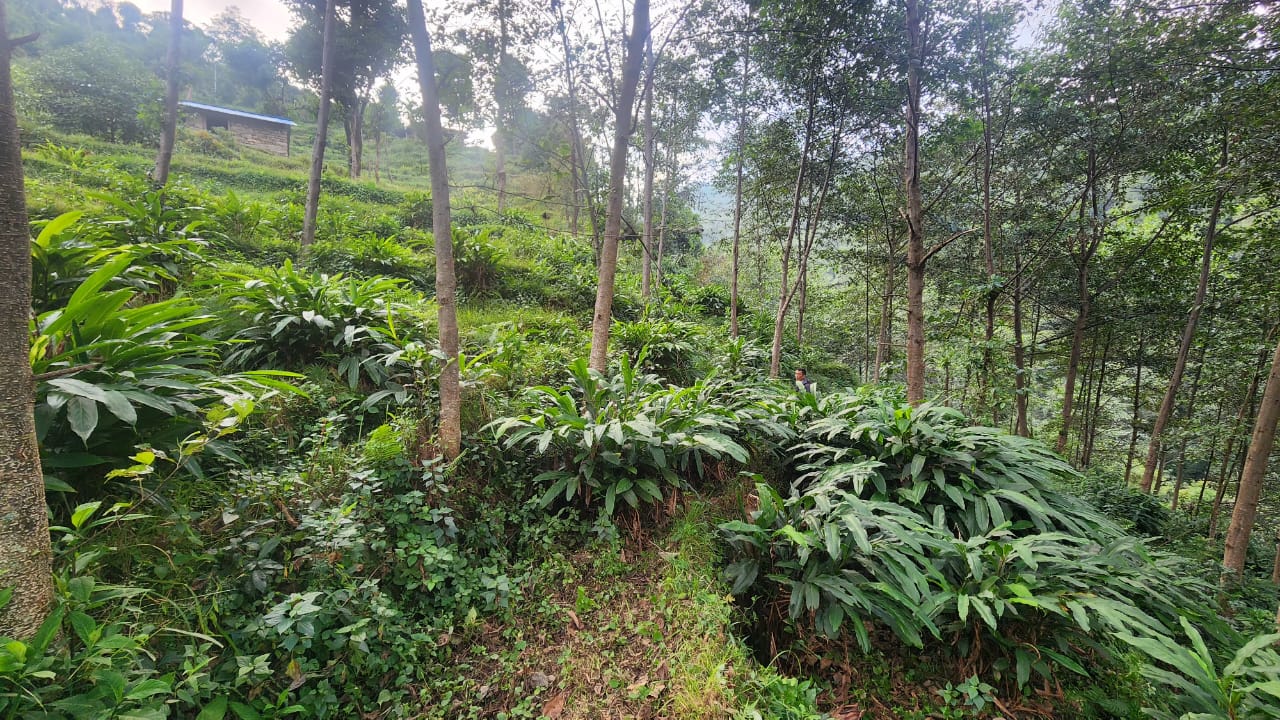
Common Mistakes in Cardamom Farming and Their Practical Solutions
Wednesday, November 12, 2025
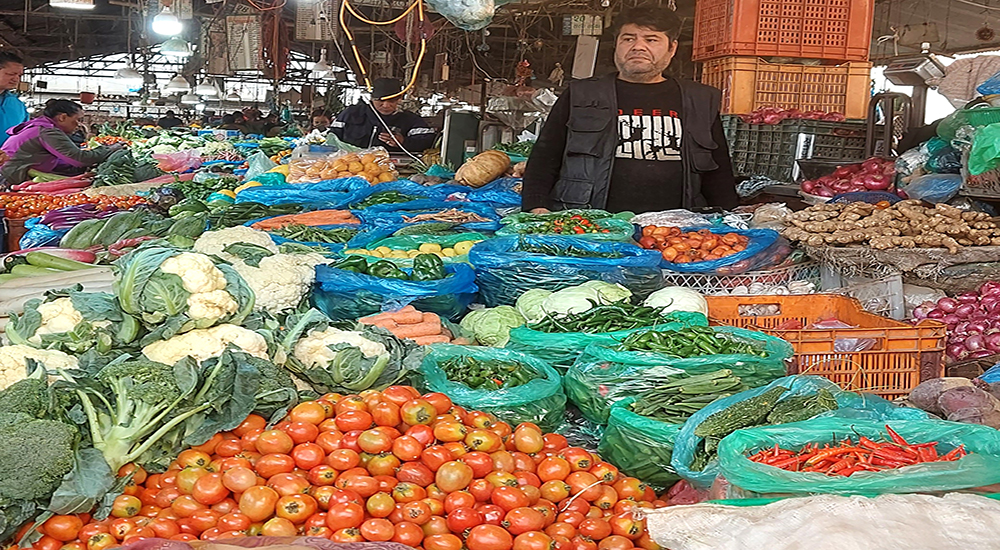
यस्तो छ आजका लागि सागसब्जी र फलफूलको थोक मूल्य
Wednesday, November 5, 2025
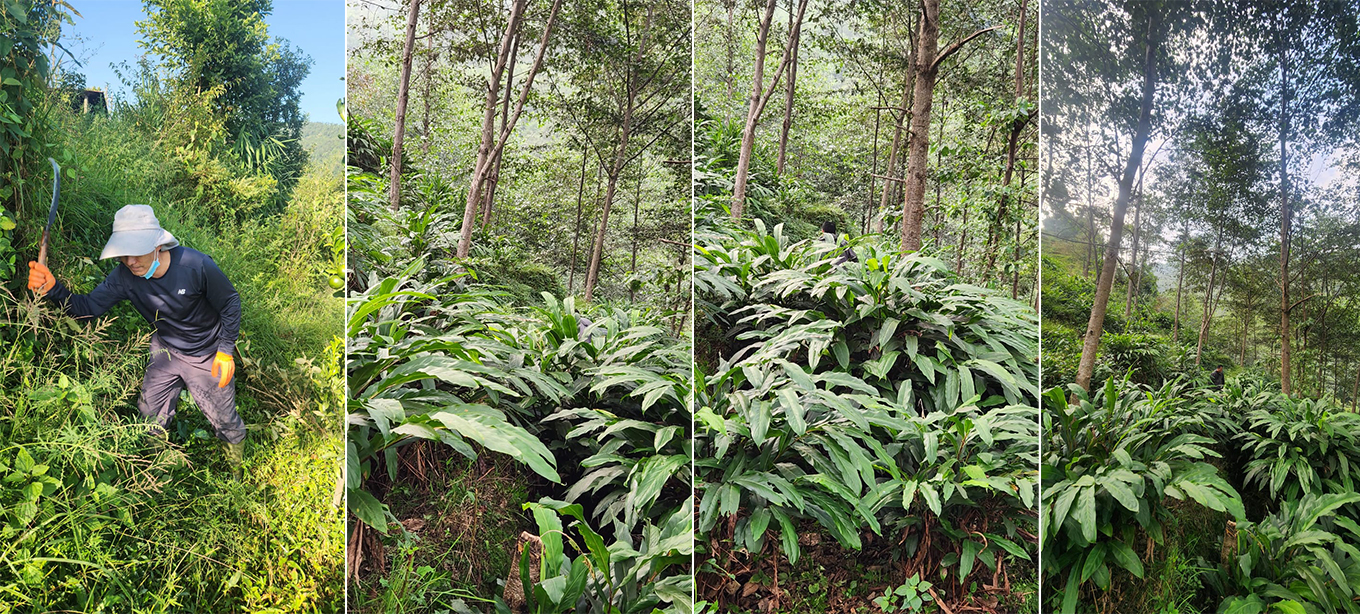
Commercial Cardamom Farming in Dolakha
Friday, October 31, 2025
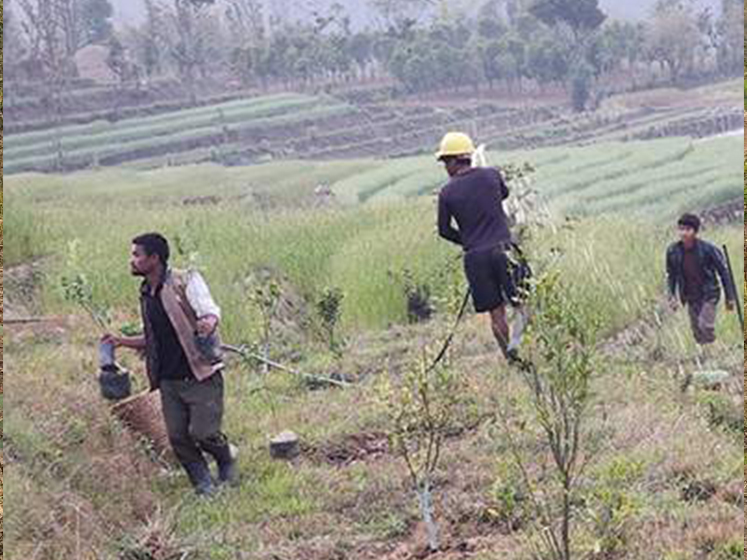
Agro Tourism in Nepal
Friday, October 10, 2025
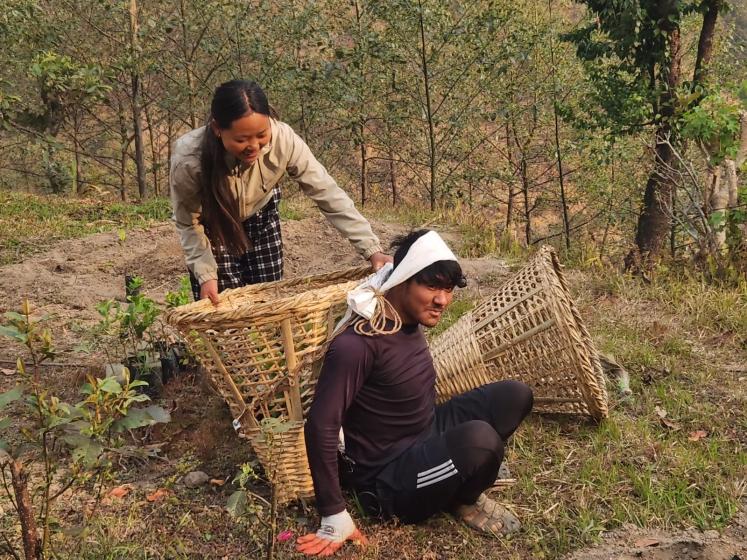
Agro Tourism in Dolakha, Nepal: A Hidden Gem for Farmers and Nature Lovers
Sunday, September 28, 2025